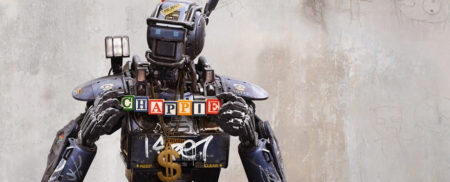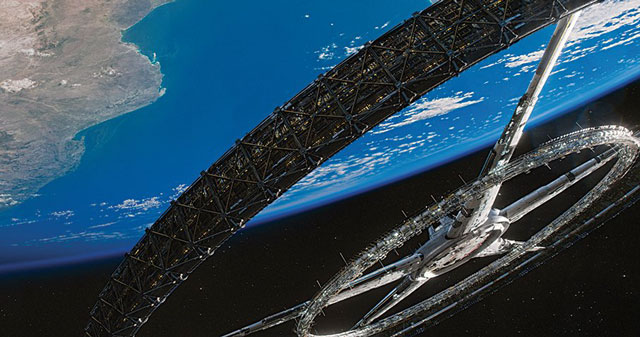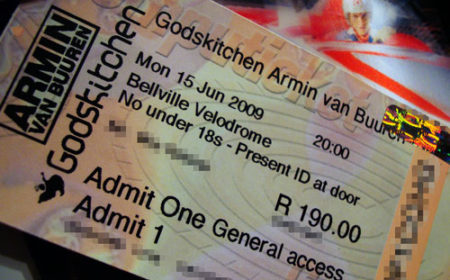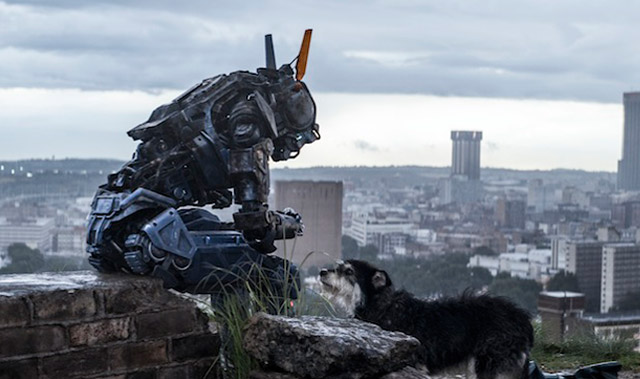
Neill Blomkamp’s 2009 debut feature, District 9, seemed to signal the arrival of a major new talent with the dark wit and visual flair to become the new Paul Verhoeven of Total Recall and Robocop fame. Elysium’s poor scripting and wooden performances left his potential begging; his latest film Chappie is a turn for the worse.
The Johannesburg-born director’s new movie mines similar themes to his two earlier films, but for diminishing returns. His appropriation of trashy tropes from videogames, Saturday morning cartoons and 1980s sci-fi action films for a South Africa-set satire about xenophobia was fresh in District 9, but Blomkamp feels out of inspiration in Chappie.
There’s a germ of a promising idea here, some flashes of black humour, and Blomkamp’s grimy urban aesthetic is still visionary, but those virtues spend the film’s running time fighting a losing battle against its paper-thin, unlikeable characters, woeful casting and nonsensical story. Playing like a cross between Short Circuit and Robocop, Chappie is set in a near-future Jo’burg where police droids have restored order to the once-lawless city.
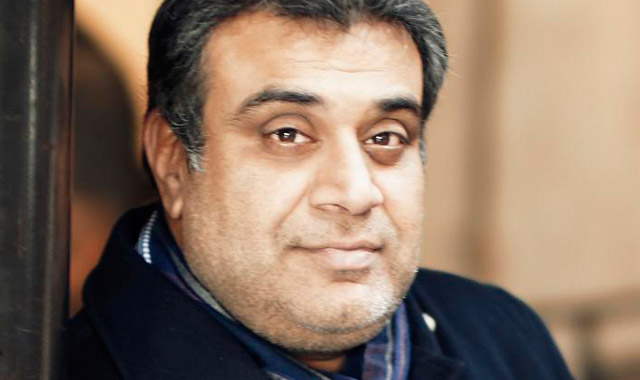
One of these police robots becomes sentient after their creator, Deon Wilson (played by Dev Patel of Slumdog Millionaire), uploads an artificial intelligence program into its metal cranium. Chappie (voice and motion capture by Sharlto Copley) is a faster learner than any human, but he is as innocent as a child.
He finds himself at the centre of a parental tug of war between Deon and a trio of gangsters (Die Antwoord and Jose Pablo Cantillo) who want to train him, Oliver Twist-style, to become their criminal accomplice. There’s also unwelcome attention for the robot from Deon’s psycho work rival (Hugh Jackman) and a vicious crime boss (South African actor Brandon Auret).
Your enjoyment of Chappie will depend largely on how much patience you still have left for Die Antwoord’s schtick since the film often feels like an overlong promotion for the group and their music. The zef-rap novelty band — or “performance artists”, as their fans prefer to call them — bring so much cultural baggage with them that they’d be distracting even if they were good actors.
But Yo-Landi Visser and Ninja — or Anri du Toit and Watkin Tudor Jones reprising their band characters for the film — are not good actors. They’re awkward, unfunny and, especially in Ninja’s case, obnoxious. Ninja’s worst scenes are so stilted that they lend credence to the reports that he and Blomkamp were no longer speaking to each other by the time filming ended.
The film doesn’t give you much reason to sympathise with the pair in terms of their backgrounds and motivations. If you’re to accept that Chappie is a trusting child in need of parental guidance, the way the loutish Ninja exploits his innocence is unforgivable, and his redemption rings hollow. Yo-Landi’s embrace of her role as Chappie’s maternal protector is also unconvincing. Patel’s character, meanwhile, is so ineffectual that it’s hard to root for him, either.
The Hollywood heavyweights drafted into the film don’t fare better. Sigourney Weaver gives a stiff performance as the CEO of the company that makes the robots the South Africa Police Service has drafted to its ranks. Jackman’s character is bizarre — an Aussie military veteran with a mullet and some sort of religious distaste for the whole concept of artificial intelligence. Jackman is fun to watch because he’s gleefully nutso, but like a lot of things in the film, the character doesn’t make much sense.
At the centre of the film, of course, is CGI creation Chappie. Copley has a bit of fun with him as Ninja teaches him to walk and talk zef, but he struggles to find the heart encased in the metallic shell. Chappie’s behaviour is oddly inconsistent — we’re meant to swallow that he is at once smart enough to decode the secrets of human consciousness, yet so dumb that he’ll believe the gangsters when they tell him a stab wound will only make someone sleep.
The shame about Chappie is that Blomkamp can’t articulate the big thoughts behind his film. He picks up threads about the militarisation of South African police, the intersection of state-corporate interests, urban crime, the nature of consciousness and other grand themes, but has no idea where to take them besides the next shootout. The action scenes are expertly staged, but everything between them is a mess. — © 2015 NewsCentral Media


